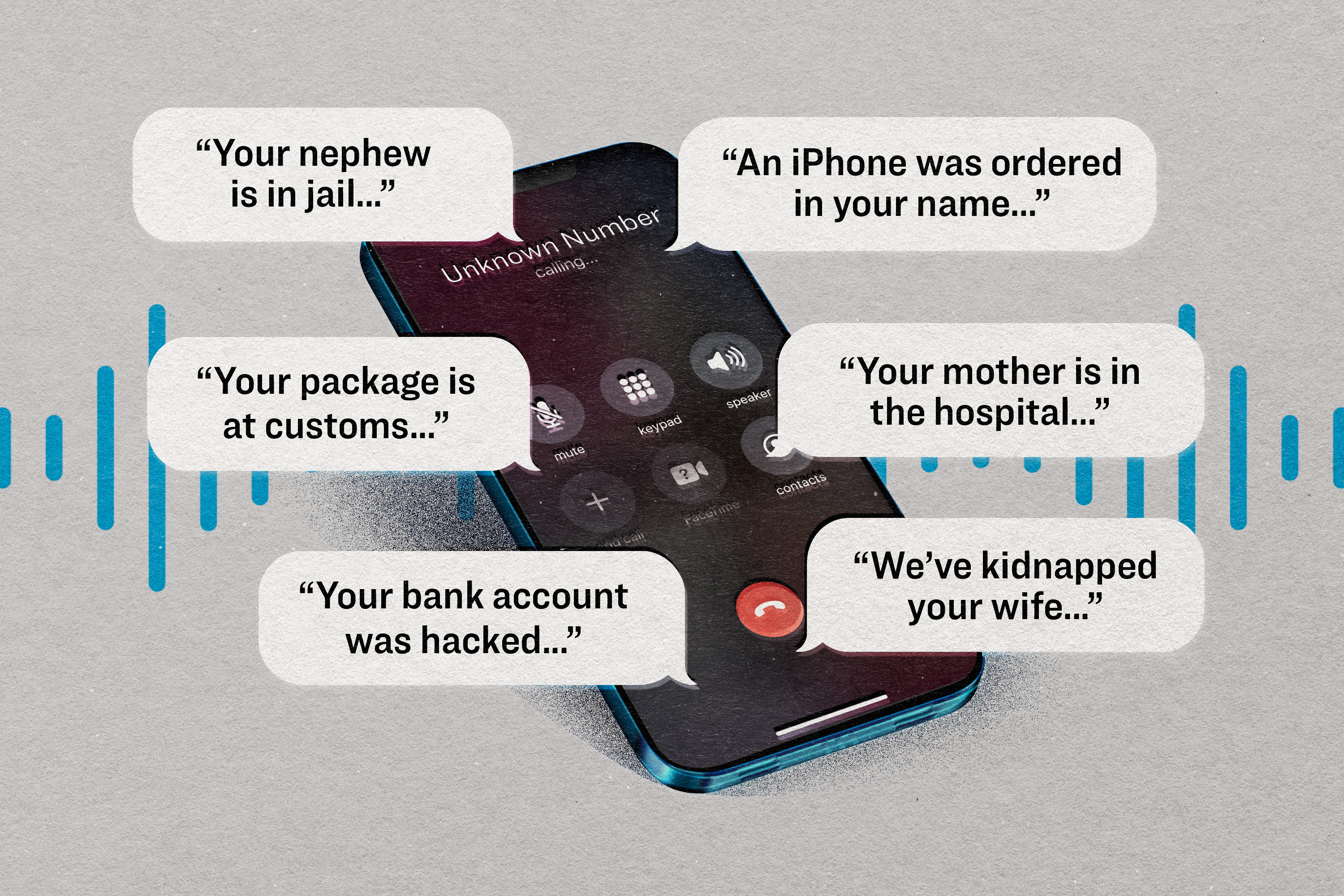A woman receives a phone call saying her nephew has been arrested and urgently needs bail money. They arrange for a “bail bondsman” to come to her house to collect $29,000 in cash.
More Premium Reports
see more
A woman receives a phone call saying her nephew has been arrested and urgently needs bail money. They arrange for a “bail bondsman” to come to her house to collect $29,000 in cash.